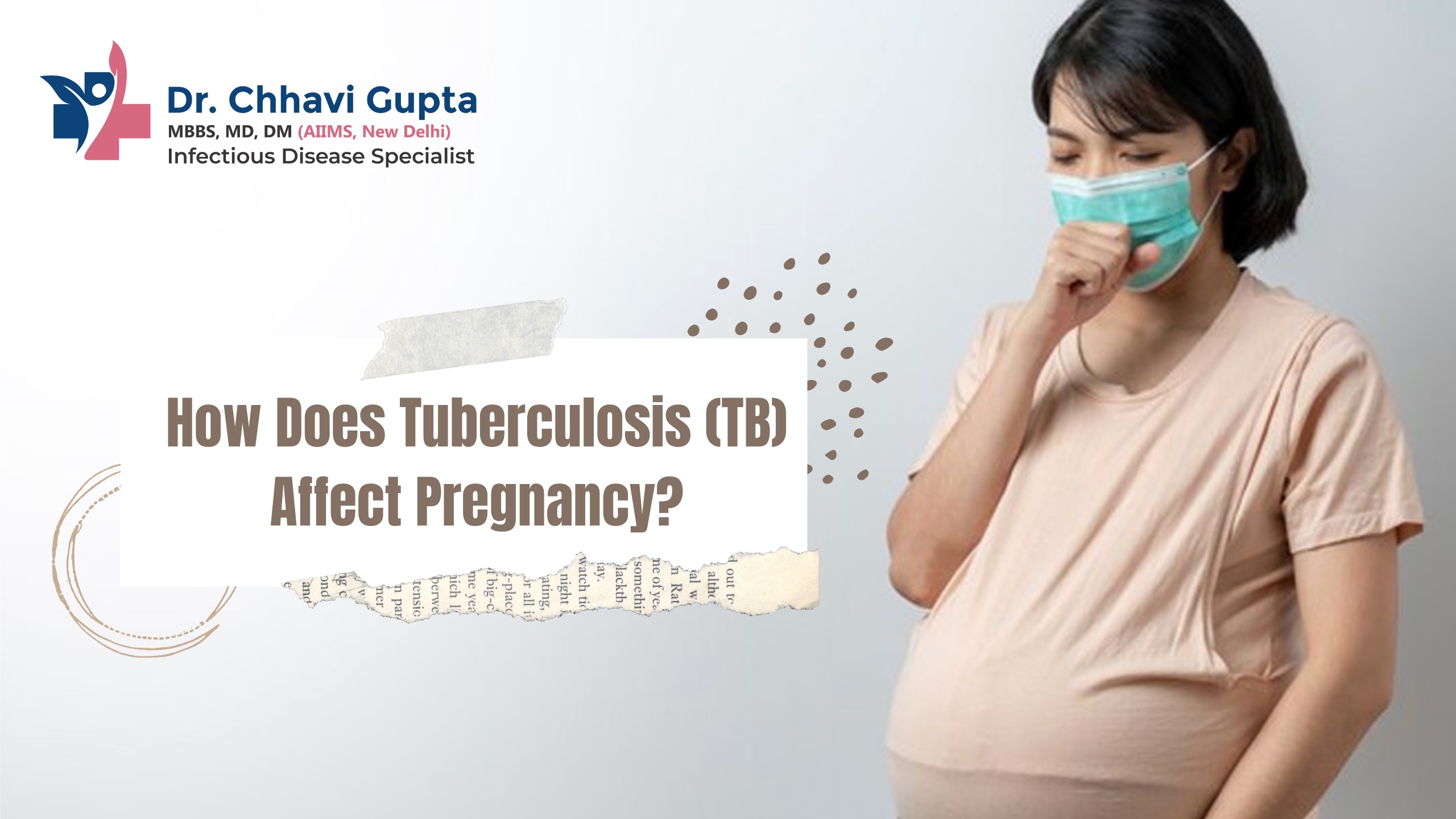How Does Tuberculosis (TB) Affect Pregnancy?
Tuberculosis (TB) is a serious infectious disease that primarily affects the lungs but can spread to other parts of the body. For pregnant women, TB poses unique challenges and risks that need to be carefully managed to ensure the health and well-being of both the mother and the baby. In this blog post, we’ll explore how TB affects pregnancy, the potential risks involved, and the importance of proper diagnosis and treatment.
Understanding Tuberculosis in Pregnancy
TB is caused by the bacteria Mycobacterium tuberculosis. It spreads through the air when an infected person coughs, sneezes, or speaks. When TB occurs during pregnancy, it can lead to complications if not properly managed. Pregnant women are at risk of both pulmonary TB (affecting the lungs) and extrapulmonary TB (affecting other organs).
Risks to the Mother
1. Increased Fatigue:
Pregnancy naturally comes with increased fatigue, and TB can exacerbate this condition, making it more difficult for the expectant mother to manage daily activities.
2. Nutritional Deficiencies:
TB can affect the body’s ability to absorb nutrients, which can lead to nutritional deficiencies. Proper nutrition is critical during pregnancy to support the health of both the mother and the developing baby.
3. Complications:
Women with TB may face a higher risk of complications during pregnancy and delivery. This can include a higher likelihood of developing anemia, experiencing preterm labor, and needing medical interventions during childbirth.
Risks to the Baby
1. Low Birth Weight:
Babies born to mothers with TB are at a higher risk of being born with low birth weight, which can lead to additional health challenges in the early stages of life.
2. Preterm Birth:
There is an increased risk of preterm birth (delivery before 37 weeks of gestation) among pregnant women with TB. Preterm babies often require special care in neonatal intensive care units (NICUs).
3. Congenital TB:
Although rare, TB can be transmitted from the mother to the baby during pregnancy or delivery. Congenital TB is a serious condition that requires prompt medical attention.
Key Points for Managing TB During Pregnancy
1. Early Diagnosis:
Early diagnosis of TB is crucial for effective management. Pregnant women who exhibit symptoms of TB, such as persistent cough, weight loss, night sweats, or fever, should seek medical evaluation promptly.
2. Proper Treatment:
Safe and effective TB treatment options are available for pregnant women. It’s essential to follow the treatment regimen prescribed by healthcare professionals to control the infection and reduce the risk of complications.
3. Regular Monitoring:
Pregnant women with TB require close monitoring by healthcare providers to ensure both maternal and fetal health. This includes regular prenatal visits, TB treatment adherence, and nutritional support.
4. Nutritional Support:
Maintaining proper nutrition is vital for pregnant women with TB. A balanced diet that meets the increased nutritional demands of pregnancy can help improve overall health and outcomes.
5. Avoiding Exposure:
Pregnant women should avoid close contact with individuals known to have active TB to reduce the risk of transmission.
Conclusion
Tuberculosis during pregnancy is a serious condition that requires careful management and monitoring. By understanding the risks and following appropriate medical guidance, pregnant women with TB can achieve better health outcomes for themselves and their babies. Early diagnosis, proper treatment, and regular prenatal care are key components in managing TB effectively during pregnancy.
For expert guidance on managing TB during pregnancy, consult Dr. Chhavi Gupta, an infectious diseases specialist from AIIMS, New Delhi. Dr. Gupta’s expertise and comprehensive care approach ensure the best possible outcomes for both mother and baby.
Contact Details:
- Name: Dr. Chhavi Gupta, MBBS, MD, DM (AIIMS, New Delhi)
- Specialty: Infectious Diseases Specialist
- Phone: +91 8851 346 424

